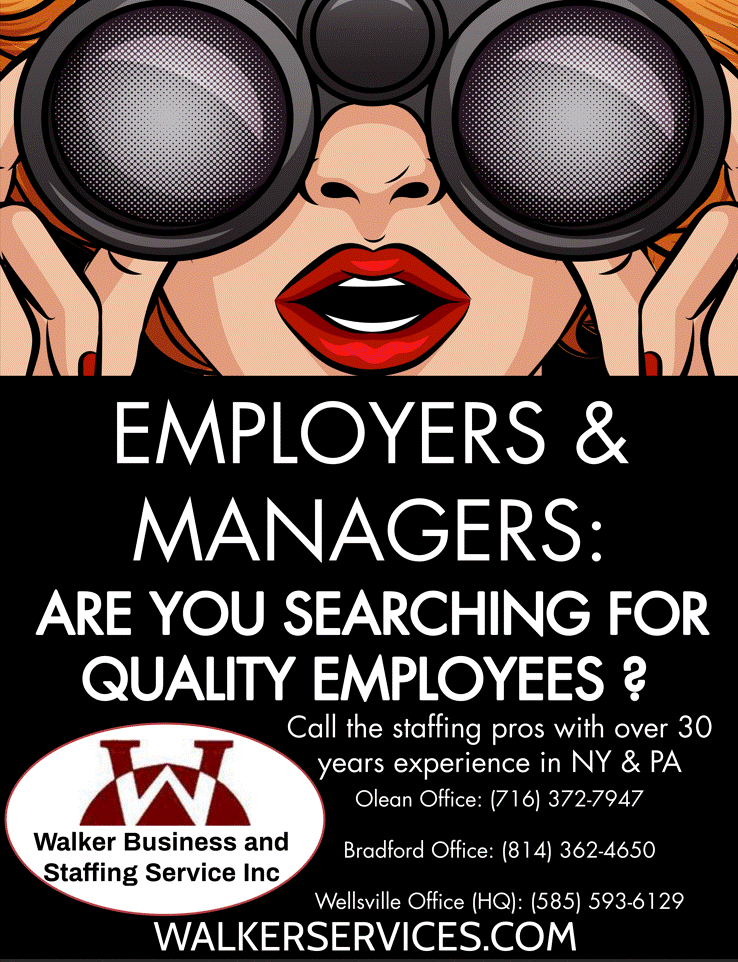By Bob Confer
A new year is always a transformative period for the human resources function of any organization. It’s the time when employee benefits are renewed, insurance premiums go up, annual notices go out, and policies are (re)introduced.
It’s also the time when employers had better make sure they’re living up to laws created by the state’s previous legislative session or regulations imposed by the executive branch during the second half of the last year.
In New York, that can be a difficult task to undertake because the state legislature routinely brings to the floor thousands of bills each year. Which ones got passed? Which ones didn’t? Of those that did, what do they mean and when do they go into effect?
In this column, I’ll help you navigate those stormy seas and look at some things you need to know.
Put your labor posters online: Every workplace has posters in an area conspicuous to employees, like the breakroom, time clock, or washroom, in order to share required notices about things such as state and federal labor laws. That was always a sufficient means to get the word out because everyone had worked in traditional workplaces. But, Covid came along and changed that. Now with remote work being so common, many workers who are offsite no longer have access to those posters. In response to that, Governor Hochul signed a law mandating that all employers now supplement the physical posters with electronic posters that are available either on the employer’s website or via email. Employers must also provide written notice to employees that all physically posted notices are also available electronically.
Add posters specific to veterans: While we’re on the subject of labor posters, be sure to add to the mix posters that show veterans how to access federal and state benefits and services that are due to them, such as mental health and substance abuse assistance, training and workforce services, tax benefits, legal resources, and more. Governor Hochul signed this law — which applies to employers with 50 or more people — this past Veterans Day. The required poster can be found on the Department of Labor’s website at tinyurl.com/VetsPoster
Be ready to disclose salaries: Last month, the Governor signed a law legislation that says all employers in the state must disclose salary ranges for job postings, whether they are advertised outside of the organization or posted on the employee bulletin board within it. This law, which impacts companies with four or more workers, doesn’t go into effect until September 17th. But, once it comes, be prepared to show the range of compensation, which means the minimum and maximum annual salary or hourly rate at the time of the job posting. Know that if you will be employing someone who will be working remotely out of state you are not off the hook. The law expressly applies to any jobs that can or will be performed, at least in part, in the state. This means it impacts positions that can be performed wherever the employee lives because the position could be filled by an applicant who lives here and could work remotely in New York. Fines are steep for not following this law: $3,000 per incident.
Those safety letters are real: This past fall, the state’s Workers Compensation Ratings Board stopped rating employers through long-held methods utilized by the National Council on Compensation Insurance and developed its own system for determining the experience rating. This has caused the rating for many employers to rise to levels that push them into another level of oversight which now requires a safety consultation from an outside firm, the findings of which must be provided to the Department of Labor. Many businesses have received and will be receiving letters telling them this, even though last year might have been a normal year by their standards with no injuries or illnesses beyond traditional levels. These surprise letters from the Ratings Board are for real, so if you receive one (or something that looks legitimate) be sure to consult with your workers’ compensation carrier.
Watch your attendance and reward policies: In November, Governor Hochul signed into law expanded retaliatory workplace protections for employees, now prohibiting an employer from punishing or disciplining an employee who takes time off work for a lawful absence. The law goes into effect next month, but before it does, employers had better seek out guidance from the state, HR organizations, or lawyers because longtime workplace policies might need changing. There are a series of concerns many employers should have. First, the nebulousness of “lawful absence” does not clearly define what one is. Second, the law might put the kibosh to points-based attendance or no fault policies. Third, the law could punish making a deduction from an allotted bank of time for a lawful absence. And, lastly, an employee cannot be, as they say, punished for taking a lawful absence when it comes to bonuses, raises, or promotions. There’s a lot to consider – and assume – with this law; hopefully the Department of Labor issues guidance in the coming weeks. Follow developments with this one closely.
Bob Confer, the President of Confer Plastics, lives and works in Niagara County and calls Allegany County his home away from home. Follow him on Twitter @bobconfer






